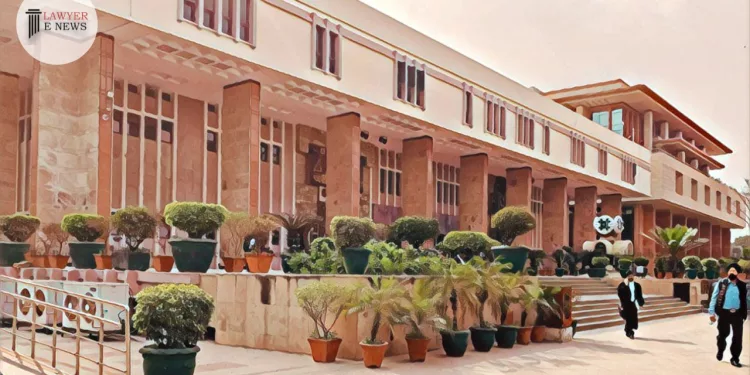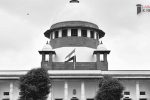Delhi High Court Rules Guarantee Charges Taxable in India under Indo-UK DTAA

High Court affirms Tribunal’s decision, classifying guarantee charges received by Johnson Matthey PLC from its Indian subsidiaries as “other income” under Article 23 of the Indo-UK DTAA.
On May 28, 2024, the Delhi High Court upheld the decision of the Income Tax Appellate Tribunal, determining that the guarantee charges received by Johnson Matthey Public Limited Company (PLC), a UK-based entity, from its Indian subsidiaries are taxable in India. The Court, in its judgment, emphasized the taxability of such income under Article 23 of the Indo-UK Double Taxation Avoidance Agreement (DTAA), categorizing the income as “other income” and not as “interest.”
Court Observations and Views:
Interpretation of DTAA – Guarantee Charges Not ‘Interest’:
The High Court concurred with the Tribunal’s interpretation that the guarantee charges do not qualify as ‘interest’ under Article 12 of the Indo-UK DTAA. The court stated, “The term ‘interest’ as defined in Article 12 of the DTAA pertains to income from debt-claims of every kind. However, the guarantee charges received by the appellant were not linked to any debt claim or borrowing from its Indian subsidiaries but were a remuneration for providing assurance to foreign financial institutions for loans extended to Indian subsidiaries.”
Accrual of Income in India:
The High Court upheld that the guarantee charges had accrued in India, aligning with Section 5(2) of the Income Tax Act, 1961. The court observed, “The income arose in India as it was based on services utilized by the Indian subsidiaries. The right to receive the income emerged directly from the Intra Group Agreement, making the income characterized as having a regular periodic return derived from sources in India.”
Legal Reasoning:
The judgment reiterated the principles for evaluating the taxability of income under the Income Tax Act and DTAA provisions. The court extensively discussed the criteria for income accrual, emphasizing that income accrues when there is a right to receive it. “The guarantee charges were tied to the service of providing parent company guarantees and counter-indemnification facilities, utilized by the Indian subsidiaries for their commercial benefit,” the judgment noted.
Justice Yashwant Varma stated, “The guarantee charges received by the appellant are not in respect of any debt owed to it by its Indian subsidiaries but are tied to the credit facilities extended by the overseas branches of foreign banks. Thus, the charges do not fall within the ambit of ‘interest’ under Article 12 of the DTAA.”
Conclusion: The Delhi High Court’s decision underscores the importance of understanding the nature and source of income in international tax matters. By classifying the guarantee charges as “other income” under Article 23 of the Indo-UK DTAA, the court has clarified the tax obligations of foreign entities providing financial guarantees to their Indian subsidiaries. This ruling is expected to impact future cases involving the interpretation of similar income under international tax treaties, reinforcing the legal framework for determining the taxability of cross-border income.
Date of Decision: May 28, 2024
Johnson Matthey Public Limited Company vs. Commissioner of Income Tax, International Taxation-2, New Delhi






